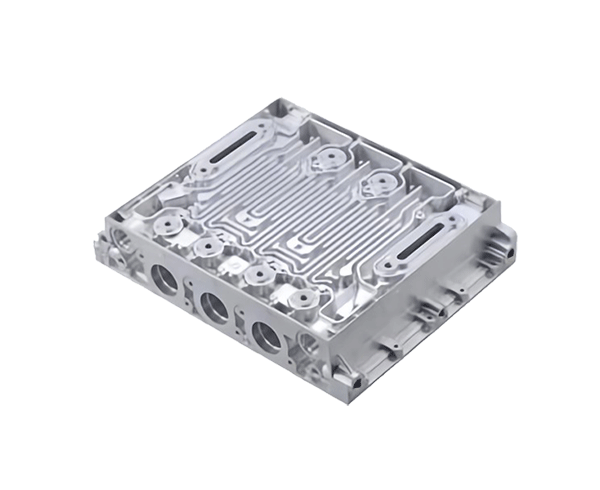In product development and innovation, functional prototypes hold significant importance. It serves as a tangible representation of an idea, allowing creators to test, refine, and validate their concepts before full-scale production. In this article, we delve into functional prototypes, exploring what they are, their significance in the manufacturing process, and the role of prototype manufacturing companies in bringing ideas to life.
Table of Contents
What Is a Functional Prototype?
A functional prototype is a physical model or representation of a product or system that demonstrates its functionality, features, and design. Unlike conceptual prototypes, which focus primarily on the visual aspects of a product, functional prototypes aim to emulate the actual performance and behavior of the final product.
These prototypes use materials and components that closely resemble those intended for mass production, allowing designers and engineers to assess performance, functionality, and user experience.
The Significance of Functional Prototypes
Functional prototypes play a crucial role in the product development lifecycle for several reasons:
- Validation of Design Concepts: A functional prototype enables designers to validate their design concepts and ideas in real-world conditions. By testing the functions of the prototype, designers can identify potential flaws, refine the design, and make necessary adjustments before moving to the production phase.
- User Feedback and Testing: Functional prototypes provide user feedback and testing. By allowing potential users to interact with the prototype, designers can gather valuable insights into user preferences, ergonomics, and usability, ensuring that the final product meets the needs and expectations of its intended audience.
- Cost Reduction: Detecting and addressing design flaws early in development can help prevent costly errors and revisions during mass production. Functional prototypes allow designers to identify and rectify issues before investing significant resources in tooling and manufacturing processes.
- Iterative Development: Functional prototypes facilitate iterative development, wherein designers can quickly iterate and refine their designs based on testing results and feedback. This iterative approach enables continuous improvement and optimization of the product design, leading to a more polished and market-ready final product.
The Role of Prototype Manufacturing Companies in Functional Prototyping
Prototype manufacturing companies produce functional prototypes for various industries, including automotive, aerospace, consumer electronics, medical devices, etc. These companies offer services, including 3D printing, CNC machining, vacuum casting, sheet metal fabrication, rapid tooling, etc. Here’s a closer look at the services provided by prototype manufacturing companies:
- 3D Printing: Also known as additive manufacturing, 3D printing builds three-dimensional objects by adding material layer by layer based on a digital CAD model. It produces complex shapes and structures that may be difficult or impossible to achieve using traditional manufacturing methods.
- CNC Machining: Computer Numerical Control (CNC) machining is another commonly used method for prototype manufacturing. CNC machines use pre-programmed computer commands to precisely shape and cut materials such as metals, plastics, and composites, enabling the production of functional prototypes with tight tolerances and intricate geometries.
- Vacuum Casting: It is also called urethane casting. It creates small numbers of high-quality prototypes or end-use products. It involves creating a silicone mold of a master pattern (usually produced using 3D printing or CNC machining). The master is then used to cast polyurethane(PU) resins under vacuum to create accurate and detailed replicas of the original part. Vacuum casting is cost-effective to produce plastic and rubber functional prototypes in small batches.
- Sheet Metal Fabrication: The process forms, shapes, and manipulates sheet metal (the thickness is less than 6mm) into different products and components. It includes cutting, bending, and assembling thin metal sheets to create structures such as enclosures, brackets, panels, and other custom parts.
- Materials Selection and Expertise: Prototype manufacturing companies possess expertise in selecting the appropriate materials for prototyping based on strength, durability, thermal properties, and cost-effectiveness. They offer a wide range of materials, including plastics, metals, and composites, to meet the specific requirements of each project.
- Customization and Flexibility: They also offer customization and flexibility to accommodate unique needs and specifications. Whether it’s a one-off prototype or a small batch production run, these companies can tailor their services to suit the requirements of individual clients.
Conclusion
Functional prototypes are invaluable tools in product development, enabling designers to validate their ideas, gather user feedback, and iterate on their designs efficiently. Prototype manufacturing companies bring these concepts to life, offering services and expertise to transform design concepts into functional prototypes. By leveraging the services of prototype manufacturing companies, innovators and businesses can accelerate their product development timelines, reduce costs, and ultimately bring high-quality products to market faster.

